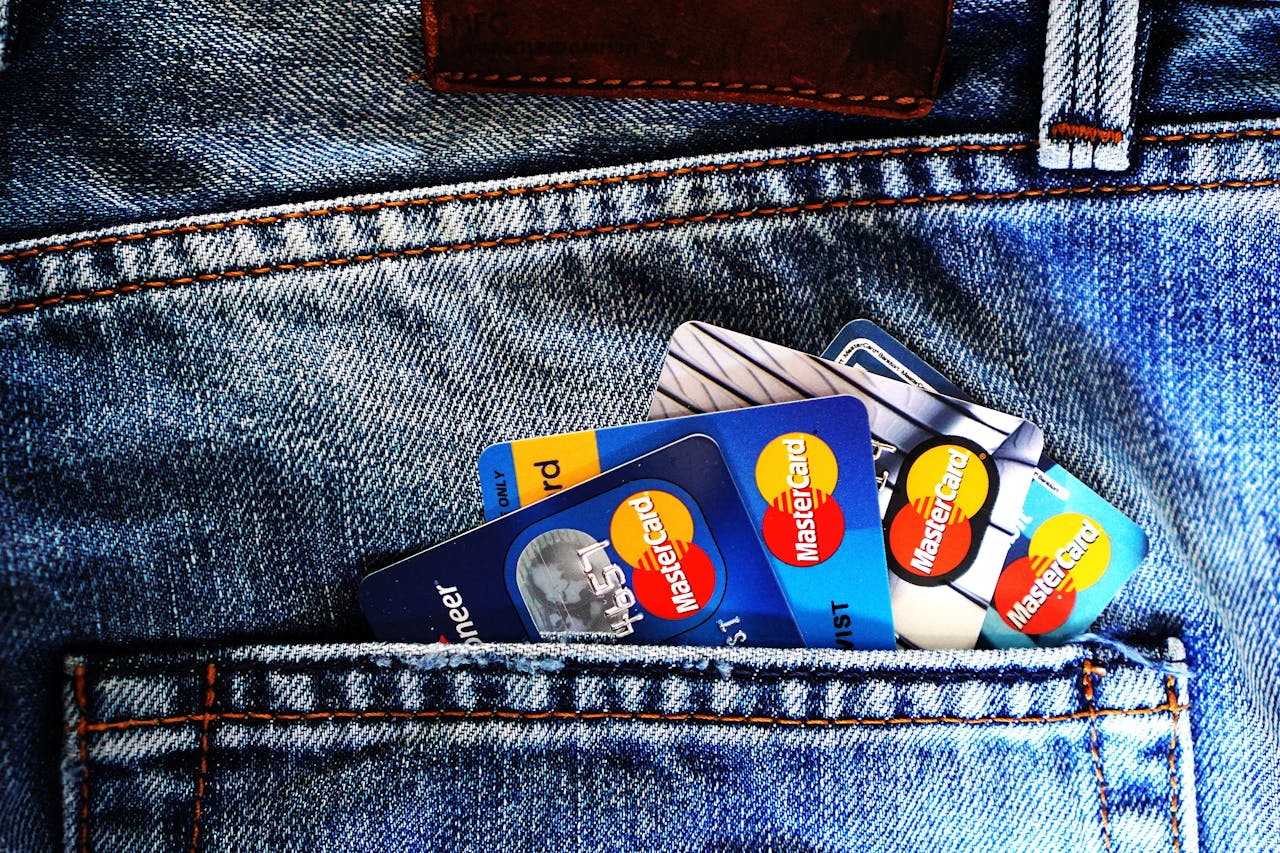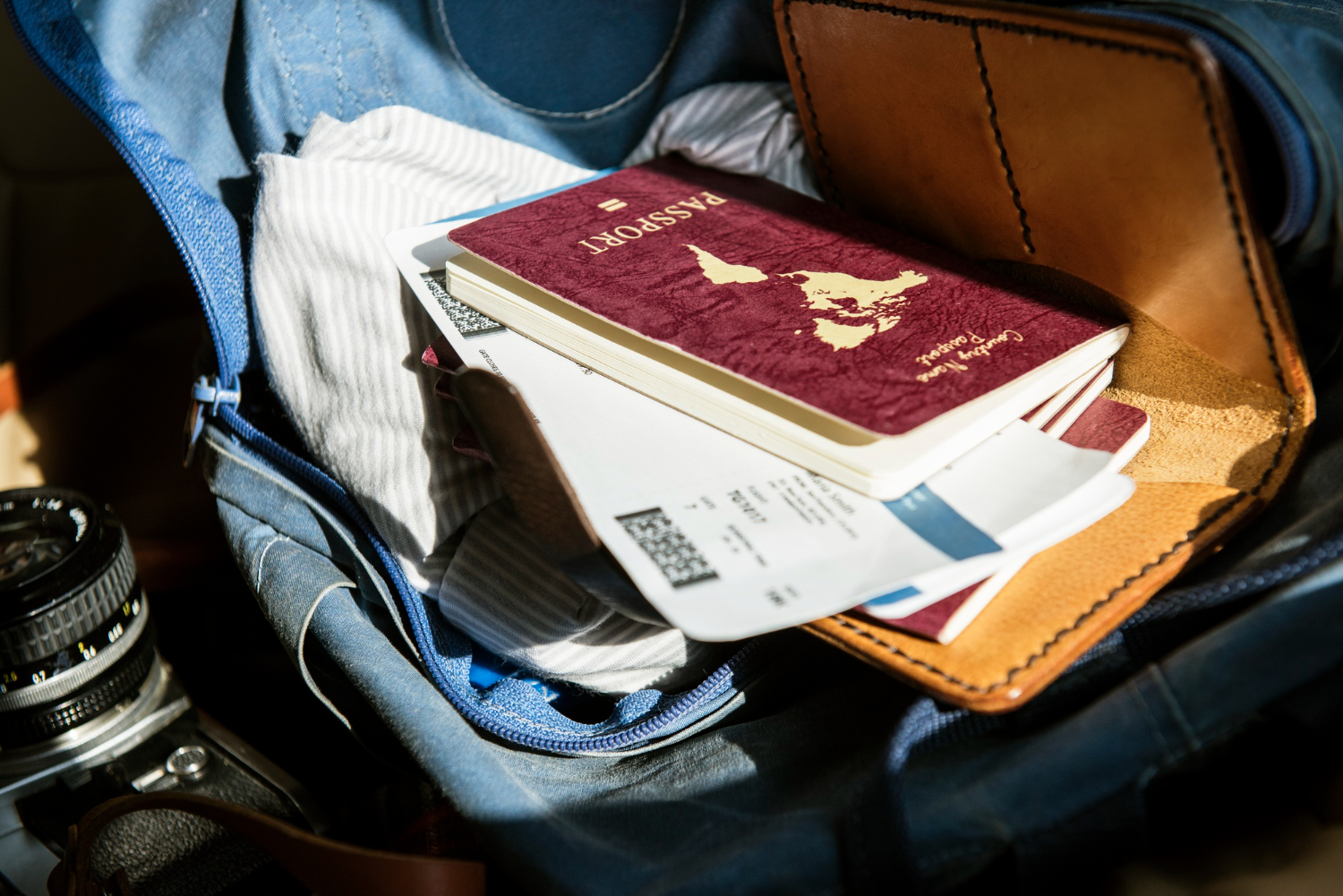It’s a common question with a somewhat complicated answer—can you have a passport if you are a felon? Whether you’re planning a vacation, a business trip, or wanting to visit family abroad, understanding the ins and outs of passport eligibility if you have a felony is crucial.
Despite the misconceptions floating around, having a felony record doesn’t automatically disqualify you from obtaining a passport. But there are exceptions and important details you need to know.
In this post, we’ll explore everything you need to know about felonies and passport eligibility, helping you understand the landscape and your options.
What Exactly is a Passport?
Before we jump into the nitty-gritty, let’s first establish what a passport actually is. A passport is an official government document that certifies your identity and nationality.
This small booklet allows you to travel internationally, serving as a key to enter other countries and re-enter the United States. It’s a crucial tool for anyone looking to explore the world beyond their home country. Without it, your international travel plans would be grounded.
Passports serve as a universal form of ID recognized worldwide, making it easier for travelers to move across borders. For many, it symbolizes the freedom to explore new places and cultures. However, obtaining one can be complex if you have a felony record.
Can You Have a Passport if You Are a Felon?
The straightforward answer is yes, most felons can obtain a passport. However, there are key exceptions. Generally, having a felony conviction does not automatically disqualify you from getting a passport. The U.S. State Department will issue passports to individuals with felony convictions unless certain conditions apply.
Exceptions to this rule include individuals with outstanding arrest warrants, those on probation or parole with travel restrictions, or those who owe more than $2,500 in child support. Additionally, convictions related to international drug trafficking will prevent you from obtaining a passport.
Understanding Passport Eligibility for Felons
To better understand why most felons can still get a passport, let’s look at the general eligibility criteria for obtaining a U.S. passport. The primary requirement is U.S. citizenship. Beyond that, applicants must complete the standard application process, which involves providing proof of citizenship, identity, and a passport photo.
For felons, the process may require additional documentation. While a felony conviction itself doesn’t disqualify you, the government does conduct background checks. It’s crucial to be truthful about your criminal record. Failing to disclose your past could result in your application being denied.
Specific Circumstances that May Prevent Felons from Obtaining a Passport
While most felons can get a passport, specific circumstances can prevent it. Let’s explore these in detail.
Outstanding Warrants or Pending Criminal Charges
If you have an outstanding warrant or pending criminal charges, your passport application will likely be denied. The State Department checks all applicants’ records for outstanding legal issues.
Owing Child Support
If you’re $2,500 or more behind on child support, you won’t be able to get a passport. The government takes this obligation seriously and may require you to settle your debt before issuing a passport.
Convictions Related to International Drug Trafficking
Federal law prohibits issuing passports to individuals convicted of international drug trafficking. This applies if the offense involved crossing international borders with illegal substances.
Being on Probation or Parole with Travel Restrictions
Individuals on probation or parole with travel restrictions must adhere to the terms of their release. If travel is prohibited, obtaining a passport can be challenging.
How the Passport Application Process Works for Felons
If you’re a felon seeking a passport, understanding the application process is key. Here’s a look at what you can expect.
Standard Passport Application Process
The process begins with completing Form DS-11, providing proof of citizenship (like a birth certificate), proof of identity (like a driver’s license), and a passport photo. These are standard requirements for all applicants.
Additional Requirements for Felons
Felons may need to provide additional documentation, such as a personal statement explaining their criminal record. This should include conviction dates, crimes committed, sentences served, and any rehabilitation efforts. Court dispositions, which verify case details, are also recommended.
Importance of Honesty and Transparency
Honesty is crucial in the application process. Providing false information can lead to application denial and further legal consequences. Be upfront about your past and provide complete documentation.
Common Misconceptions About Felons Obtaining Passports
Misconceptions about felons and passport eligibility abound. Let’s debunk some myths.
Myth 1: Felons Cannot Get Passports
Many believe felons cannot obtain passports. However, as we’ve discussed, this isn’t true for most cases. The key is meeting specific eligibility criteria.
Myth 2: A Passport Guarantees Entry Into All Countries
Having a passport doesn’t guarantee entry into other countries. Many nations conduct background checks and may deny entry based on criminal history. Always check the entry requirements for your destination.
Travel Considerations for Felons
Traveling as a felon comes with its own set of challenges. Here are some considerations to keep in mind.
Potential Travel Restrictions in Certain Countries
Some countries impose restrictions on travelers with criminal records. For instance, Canada is known for its strict entry requirements. Research the entry policies of your destination and plan accordingly.
Visa Requirements for Specific Destinations
In addition to a passport, some countries require a visa for entry. The visa application process may include a criminal background check. Be prepared for this additional step.
Using Passport Cards for Domestic Travel
For domestic travel within North America, passport cards offer a convenient option. These cards can be used for land and sea travel to Canada, Mexico, the Caribbean, and Bermuda, but not for international air travel.
Tips for Felons Seeking to Obtain a Passport
If you’re a felon looking to get a passport, these tips can improve your chances.
Guidance on Preparing a Personal Statement
A well-prepared personal statement is crucial. Be honest about your past, highlight rehabilitation efforts, and demonstrate your readiness for international travel.
Importance of Providing Complete Documentation
Complete documentation is essential. Include court dispositions, proof of sentence completion, and any supporting documents that validate your statements.
Steps for Improving Application Chances Over Time
Over time, you can improve your application chances by resolving any outstanding issues, such as warrants or child support. Demonstrating positive changes in your life can also strengthen your application.
Summing Up Your Path to a Passport
Navigating the passport application process as a felon may seem daunting, but with the right information and preparation, it is achievable. Understanding your eligibility, being honest, and providing complete documentation are key steps. Remember that while a passport opens the door to international travel, each country has its own entry requirements, so always do your research before booking a trip.
If you have questions or concerns, consider seeking legal advice. An attorney can provide guidance tailored to your specific situation. With patience and perseverance, you can overcome the challenges and enjoy the opportunity to explore the world.
FAQs
Can US felons get a passport?
Yes, most US felons can get a passport. Exceptions include those with outstanding warrants, certain criminal convictions, or those who owe significant child support.
What disqualifies you from getting a US passport?
Disqualifiers include outstanding arrest warrants, owing $2,500+ in child support, and convictions for international drug trafficking, among others.
Can felons travel outside the US?
Felons can travel outside the US, but entry into other countries may be restricted based on criminal history. Always check the entry requirements of your destination.
Can felons go on a cruise?
Yes, felons can go on a cruise, especially if it’s a closed-loop cruise departing from and returning to the same US port. However, international destinations may have entry restrictions.


















